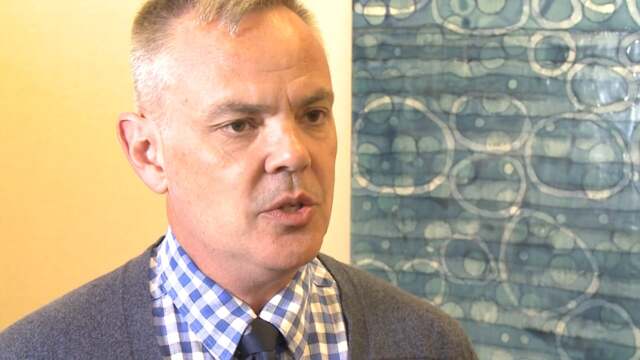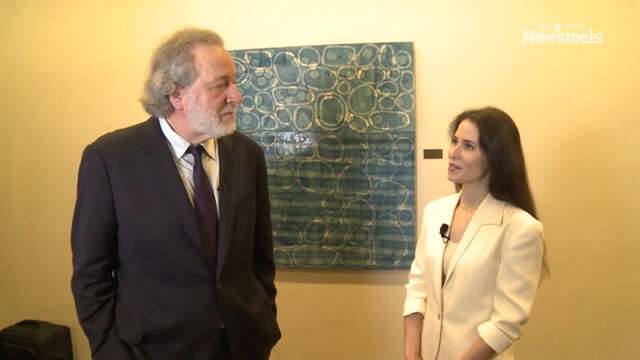Matthew J. Loscalzo, LCSW, on The Effects of Gender on Patients’ Coping Strategies and Stress Management
2015 IPOS APOS World Congress of Psycho-Oncology
Matthew J. Loscalzo, LCSW, of the City of Hope, discusses the ways in which a person’s gender influences how he or she reacts to and copes with a cancer diagnosis and treatment.
Jimmie C. Holland, MD, and Tammy A. Schuler, PhD
Jimmie C. Holland, MD, of Memorial Sloan Kettering Cancer Center, and Tammy A. Schuler, PhD, of the Association for Behavioral and Cognitive Therapies, demonstrate a dialogue between a clinician and a recently diagnosed cancer patient whose distress was discovered with the use of the Distress Thermometer.
Patricia A. Ganz, MD
Patricia A. Ganz, MD, of the University of California, Los Angeles, discusses the Institute of Medicine report on patient-centered care, its relation to psychosocial services, and the role IPOS/APOS members can play.
Mark Lazenby, PhD, APRN, FAPOS
Mark Lazenby, PhD, APRN, FAPOS, of the Yale School of Nursing, discusses the APOS–ACCC project to screen for psychosocial distress in community cancer centers. These model programs improve patient care and the patient experience.
Allison J. Applebaum, PhD, and William S. Breitbart, MD
Allison J. Applebaum, PhD, and William S. Breitbart, MD, of Memorial Sloan Kettering Cancer Center, discuss a powerful treatment approach that is grounded in a moving personal story.
Jeff Dunn, AO, PhD, GAICD
Jeff Dunn, AO, PhD, GAICD, of the Cancer Council Queensland, discusses reducing the burden of cancer on individuals and communities.





